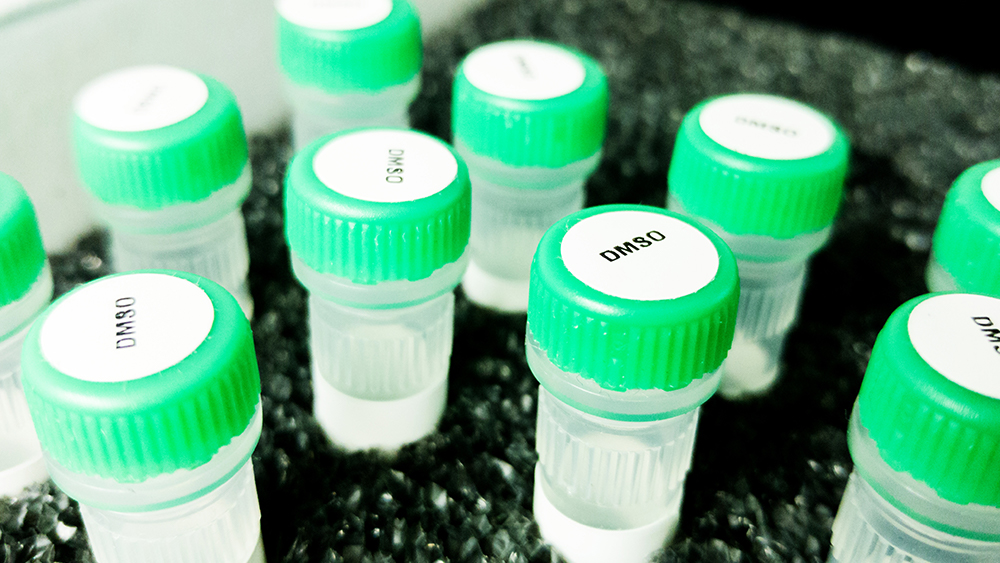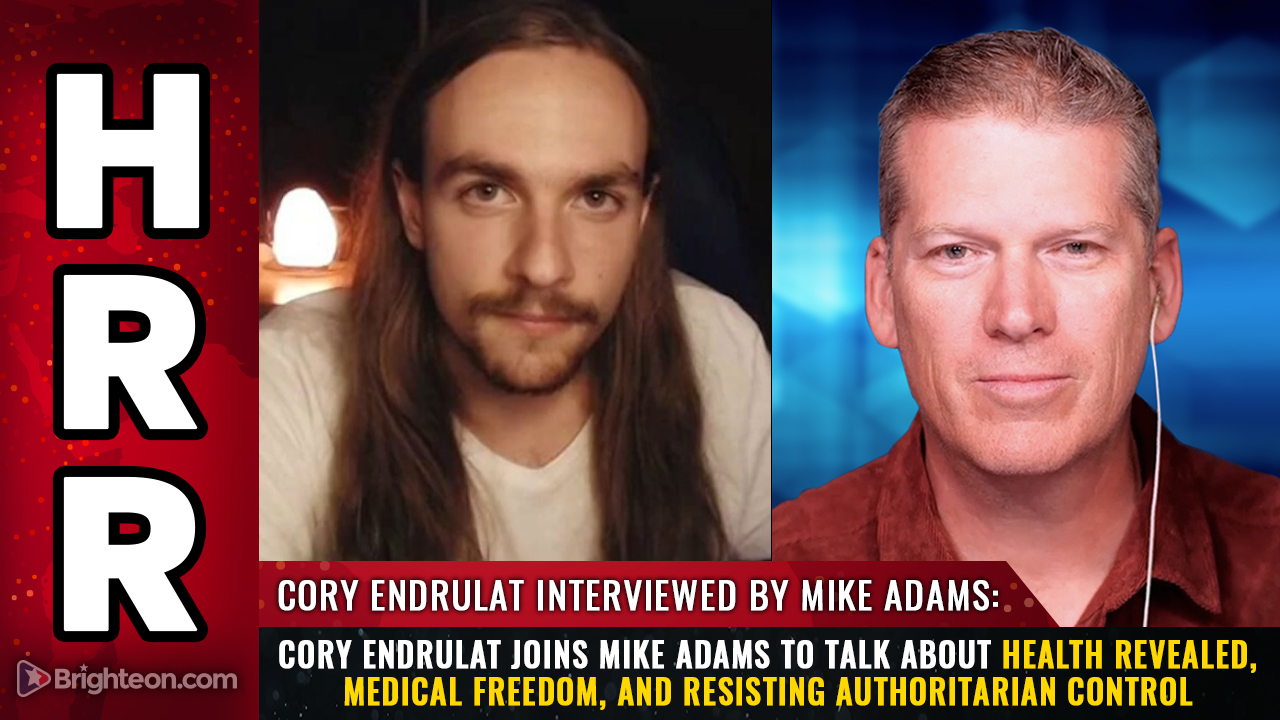- The book challenges the aggressive standard treatments (surgery, chemotherapy, radiation) rooted in Dr. William Halsted’s 19th-century methods, arguing they cause significant harm with little evidence of long-term success. Cancer death rates have barely improved in decades.
- Instead of destroying cancer cells, Somers highlights innovative approaches that enhance the body's natural ability to halt uncontrolled cell growth, offering safer and more effective alternatives.
- The article features pioneers like Dr. Stanislaw Burzynski, who developed antineoplastons — synthetic peptides that mimic the body's natural cancer-suppressing mechanisms, alongside other doctors achieving remarkable success with unconventional therapies.
- The author encourages patients to ask critical questions about treatments, seek second opinions and explore integrative options, emphasizing nutrition and therapies that support the body's healing capacity rather than debilitate it.
- The book exposes the failures of mainstream oncology while advocating for a shift toward patient-centered, less toxic treatments. It positions itself as a manifesto for hope, self-education and reclaiming autonomy in cancer care.
"
Knockout: Interviews with Doctors Who Are Curing Cancer And How to Prevent Getting It in the First Place" by Suzanne Somers is a revolutionary call to rethink our approach to cancer treatment and prevention. The traditional paradigm of cancer treatment, which has dominated for over a century, is increasingly being questioned for its efficacy and ethical implications.
The story begins with the prevailing paradigm of cancer treatment, established by Dr. William Halsted in the late 1800s. His radical mastectomies set the stage for the aggressive treatments that have become the norm: surgery, chemotherapy and radiation. However, as Somers meticulously documents, there is little evidence to support the continuation of these procedures. The assumption that cancerous cells must be cut out or destroyed has been accepted without question for far too long, despite the immense collateral damage these treatments inflict on the body.
Somers argues that the current approach to cancer is akin to mobilizing an entire army to invade a city to eliminate crime. While the intention is to eliminate the "bad guys," the collateral damage is often catastrophic.
Chemotherapy, radiation and extensive surgery can wreak havoc on the body, often causing more harm than good. The statistics are sobering: over the past hundred years, the death rate from cancer has barely budged. In fact, it is poised to become the number one cause of death, according to the
New York Times.
The book introduces readers to a new paradigm that is gaining traction among forward-thinking doctors and researchers. Instead of trying to purge cancer cells, the focus should be on stopping them from dividing. The human body is capable of doing this naturally and the book features several doctors who have developed innovative methods to enhance this ability.
One of the most compelling figures in the book is Dr. Stanislaw Burzynski, who has made a groundbreaking discovery. He identified small peptides produced by the liver that control cell multiplication. In the absence of these peptides, cancer develops. Dr. Burzynski has figured out how to synthesize these peptides, which he calls antineoplastons. These peptides act like antibiotics for cancer cells, stopping their division and causing the cancer to die.
But Dr. Burzynski is not alone. The book introduces readers to other practitioners with
unique methods of treating cancer and their successes are undeniable. These doctors are enhancing the body's innate ability to control cancer cell multiplication, offering a glimmer of hope to those who have been told that their condition is incurable.
For anyone facing a cancer diagnosis, the book provides invaluable guideposts and resources to empower them to make the best decisions possible. It offers scientifically based advice on how to reduce the risk of getting cancer or having a recurrence through nutritional support. While there is no one-size-fits-all treatment, the book encourages readers to explore all options, including alternative therapies.
Somers emphasizes the importance of asking the right questions when considering treatment options. Is the therapy significantly harmful and debilitating? Does it enhance the body's innate healing ability? And is it appropriate to seek second opinions from other specialists, including those who use unconventional therapies? These questions are vital in making informed decisions about one's treatment.
The book also delves into the failures of conventional medicine. According to the
Times, adjusting for the size and age of the population, cancer death rates dropped only five percent from 1950 to 2005. In contrast, the death rate from heart disease dropped 64 percent, and for flu and pneumonia, it fell 58 percent. Clearly, as the
Times states, "we are not winning the war against cancer."
Yet, there is hope. "Knockout" is a call to action, urging readers to rethink their approach to cancer. It is about opening our minds to new possibilities and recognizing that there are doctors out there who are
curing cancer without resorting to toxic treatments. It is about empowering ourselves with information and making choices that align with our values and beliefs.
In conclusion, "Knockout" is more than just a book; it is a movement toward a new paradigm in cancer treatment and prevention. It challenges the status quo, offers hope and empowers readers to take control of their health. As Somers eloquently puts it, "Cancer can be cured. It's not just about surviving for a few more months; it's about thriving and living a full life."
Learn more about the book "Knockout" by watching the video below.
This video is from the
BrightLearn channel on Brighteon.com.
Sources include:
Brighteon.ai
Brighteon.com
 Parler
Parler Gab
Gab










